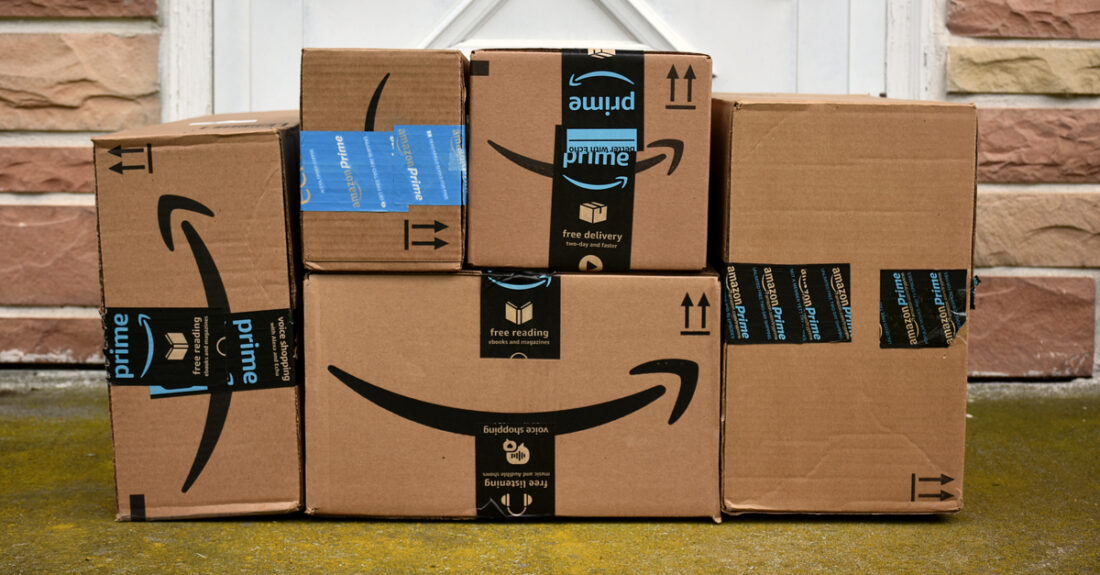How does Amazon get away without paying taxes?

Amazon is a company with more than $232 billion in revenue and led by the world’s richest man Jeff Bezos and the company does not pay any tax taxes.
That annoyance boiled over in New York earlier in February when Amazon, which had been offered as much as $3 billion in tax incentives to build a second headquarters in Queens, dropped the plan amid fierce opposition from local politicians and community activists.
Despite having hundreds of billions in revenue, the company only booked about $11.2 billion in profit in 2018, creating a significantly smaller base on which taxes and offsetting credits and deductions are applied. The company says it pays all required federal, state and international taxes.
Corporate tax is based on profits, not revenues, and our profits remain modest, given retail is a highly competitive, low-margin business,” Amazon said in a statement, adding that it’s continuing to invest in its operations.
Amazon gets both the benefits mostly used by technology companies — deductions for paying employees in stock — as well as the write-offs for companies that rely heavily on building physical infrastructure.
The research and development credit — designed to encourage innovation in the U.S. — also amounts to up to a $419 million tax break for Amazon. Add in hundreds of millions of losses the company still has on its books held over from years before it turned a profit, and its U.S. corporate tax liability can be whittled down to zero.
One of the biggest factors changing Amazon’s financial filings isn’t a substantive change at all. A deduction for stock-based compensation, totaling nearly $1.1 billion in 2018, is now more prominently displayed in regulatory filings thanks to an accounting rule change.
So, for those who complain about Amazon not paying any taxes, in summary:
- Their profits are not high enough yet to offset the billions of losses incurred as a startup which are carried forward.
- Amazon invested heavily in research and development which receives a tax break but also has great impacts on innovation in the U. S.
- They paid their employees $1.1 billion in stock-based compensation. This has had the effect of more taxes being paid since the income to the employees was taxed at higher rates than the maximum 21% corporate tax.
In summary, Amazon has been able to eliminate any taxes due to utilizing previous losses, investing heavily in innovation, and paying huge amounts of compensation to employees. The tax laws that were affected were designed to encourage exactly this kind of behavior.